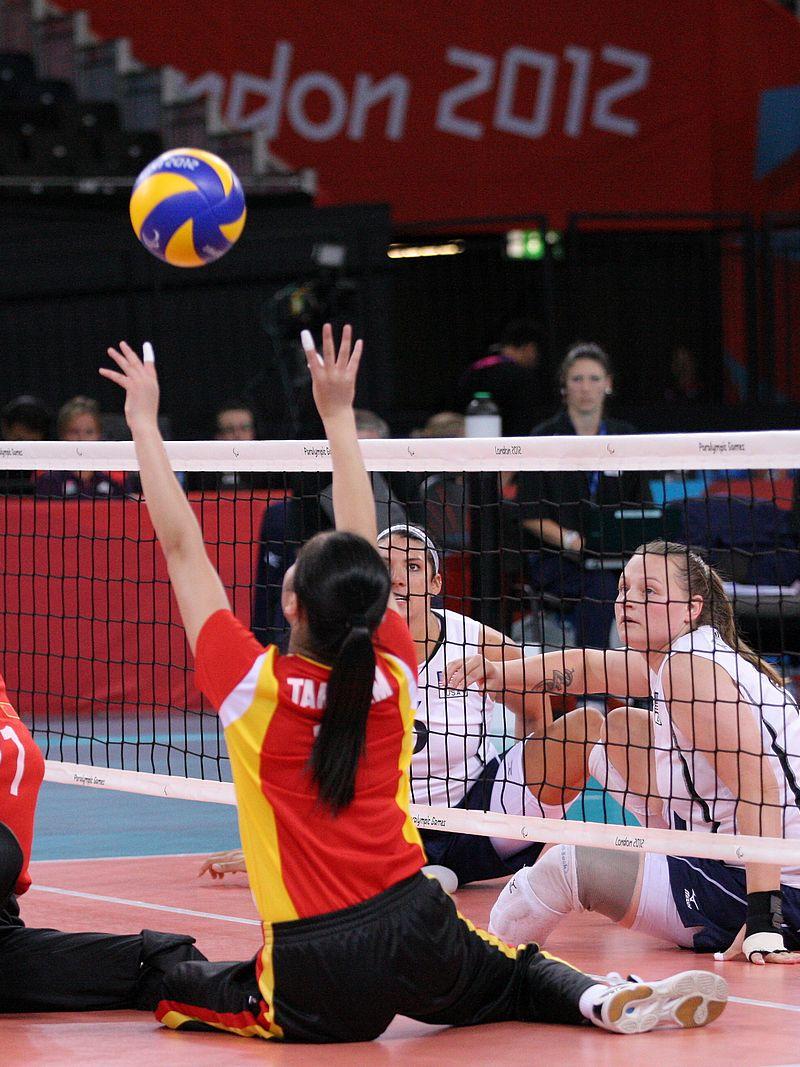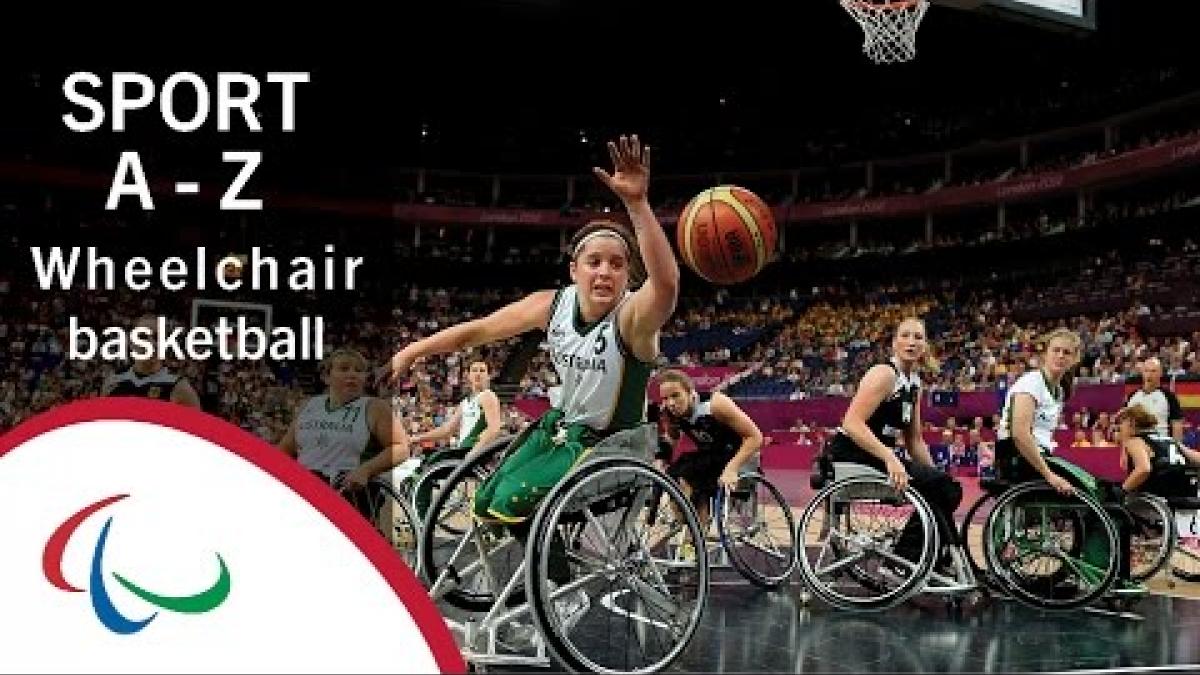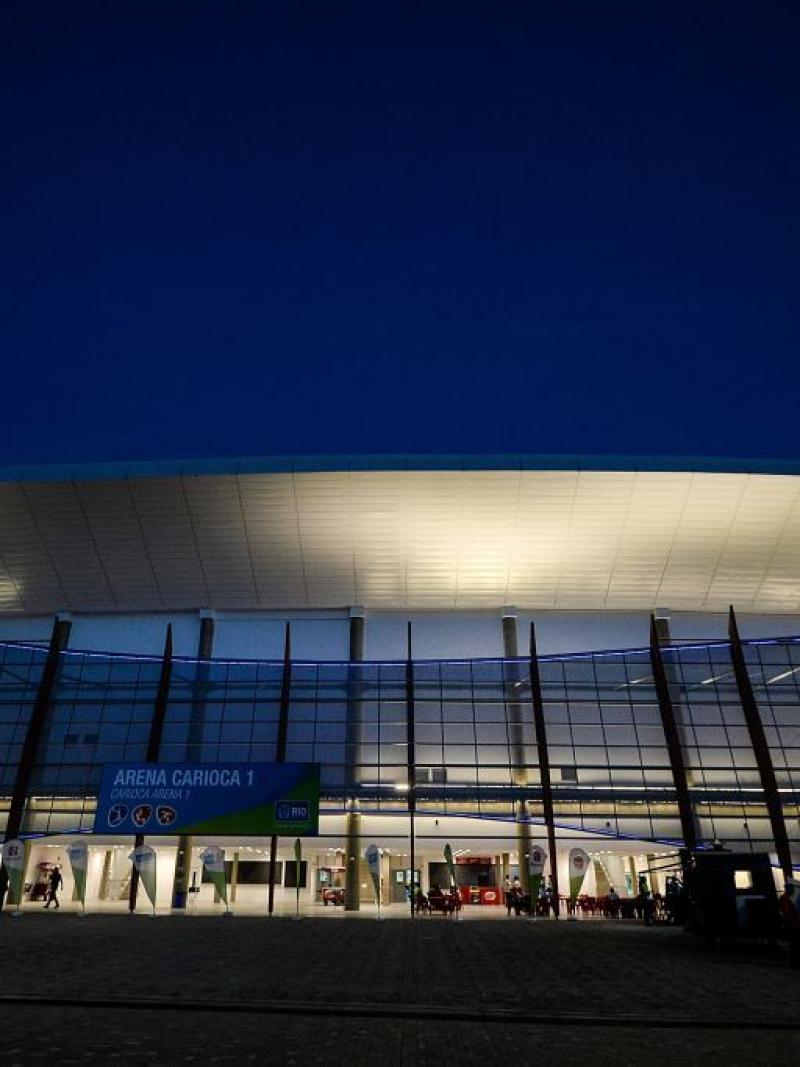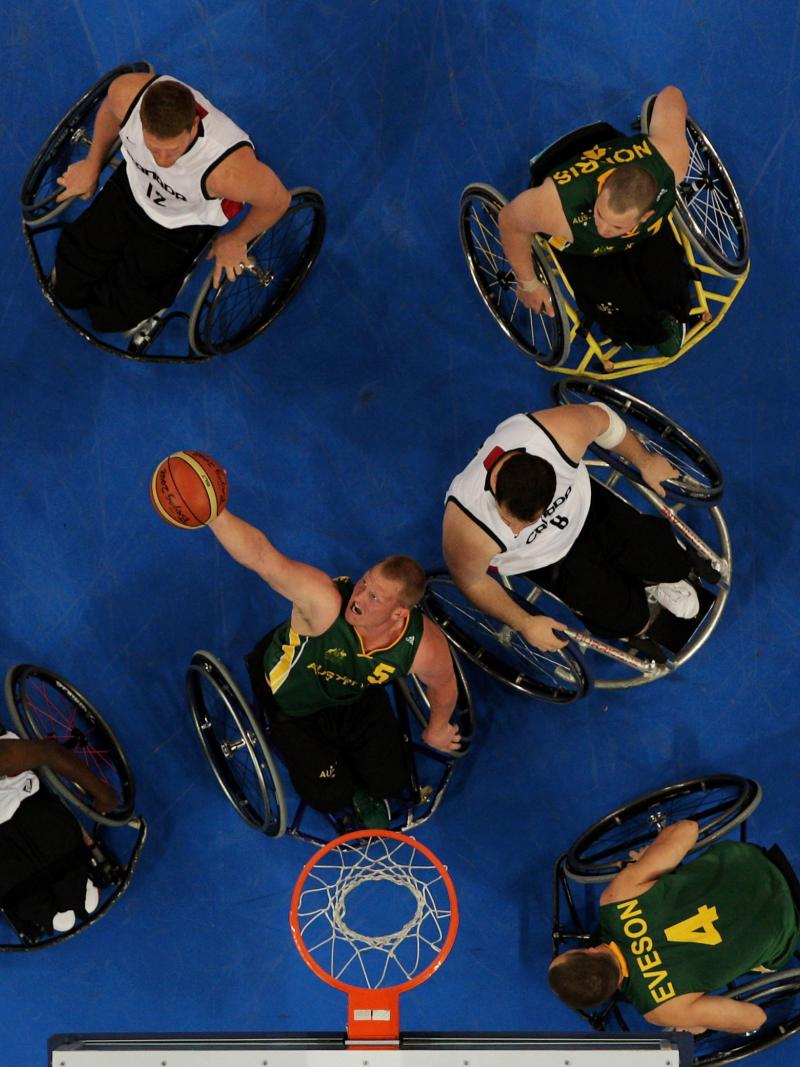IPC President praises British government’s investment in child running blades
Sir Philip Craven says the announcement made by Chancellor George Osbourne is the London 2012 Paralympic legacy in action. 16 Mar 2016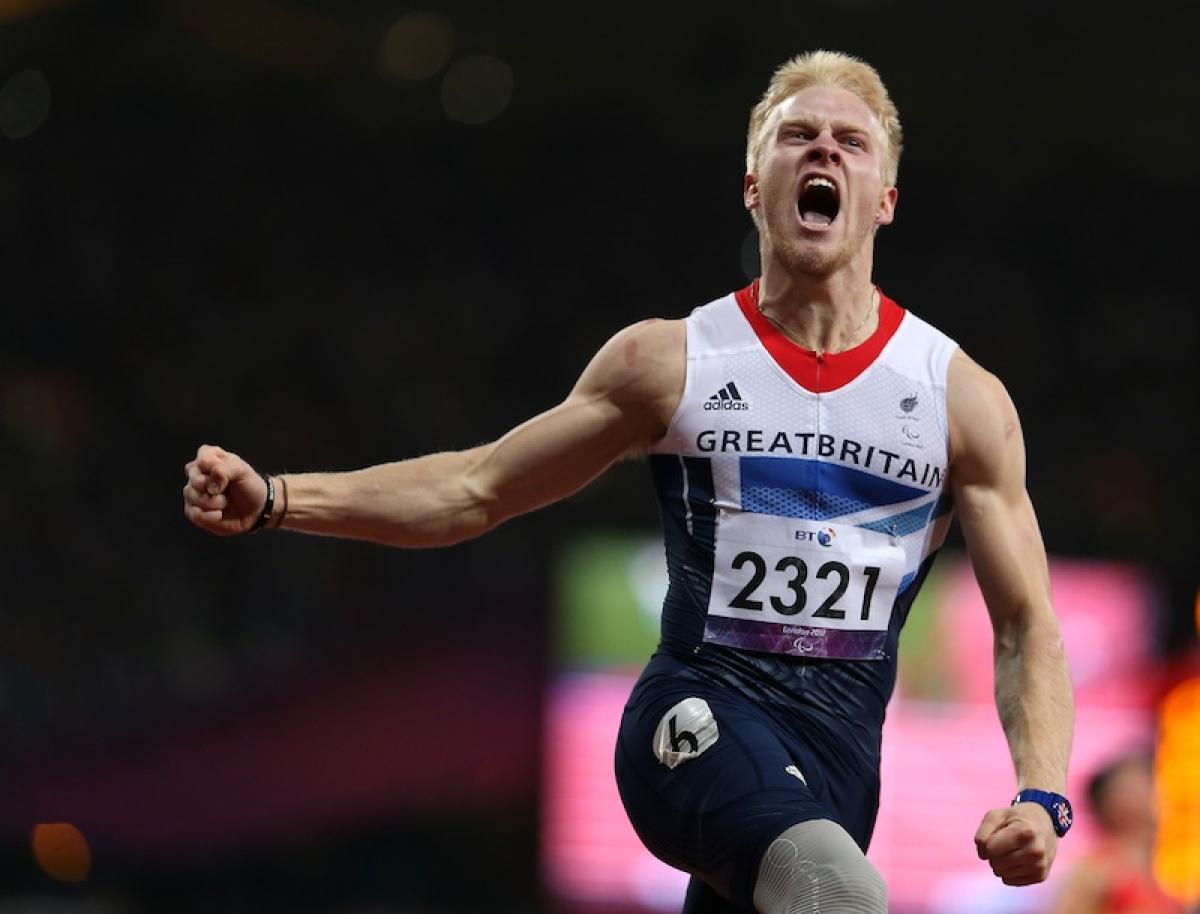
Jonnie Peacock won one of the biggest London 2012 events at just 19 years of age.
International Paralympic Committee (IPC) President Sir Philip Craven has praised the British Government’s decision to invest GBP 1.5 million to provide running blades for hundreds of amputee children, describing it as “the London 2012 Paralympic legacy in action”.
The announcement was made by Chancellor George Osbourne during his budget on Wednesday (16 March) in London, Great Britain. In it he said the GBP 1.5 million National Health Service Programme will provide activity prosthesis for children and fund new research.
Of the GBP 1.5 million, GBP 500,000 will be spent on new “child sports prosthesis” to allow 500 amputee children to run or swim. Another GBP 1 million will fund development of new forms of prosthetics with the industry, such as 3D printed limbs.
Reacting to the news, Sir Philip Craven said: “This investment to get hundreds of amputee children active in sport is the London 2012 Paralympic legacy in action and truly fantastic news.
“The cost of running prosthesis can sometimes be a barrier to young amputees getting involved in sport so it is wonderful that this investment can provide so many children the opportunity to emulate someone like London 2012 Paralympic hero Jonnie Peacock.
“The performances of Jonnie and many other Paralympians at London 2012 inspired millions of people. I am delighted that this programme will help build on the momentum generated by the best Paralympic Games ever and comes at a time when the world’s best para-athletes are preparing for September’s Paralympic Games in Rio de Janaeiro, Brazil.
“Not only do I hope this programme gets more youngsters active, but that the investment in researching new forms of prosthetics can in the long-term reduce costs and make sport more accessible for all.”





